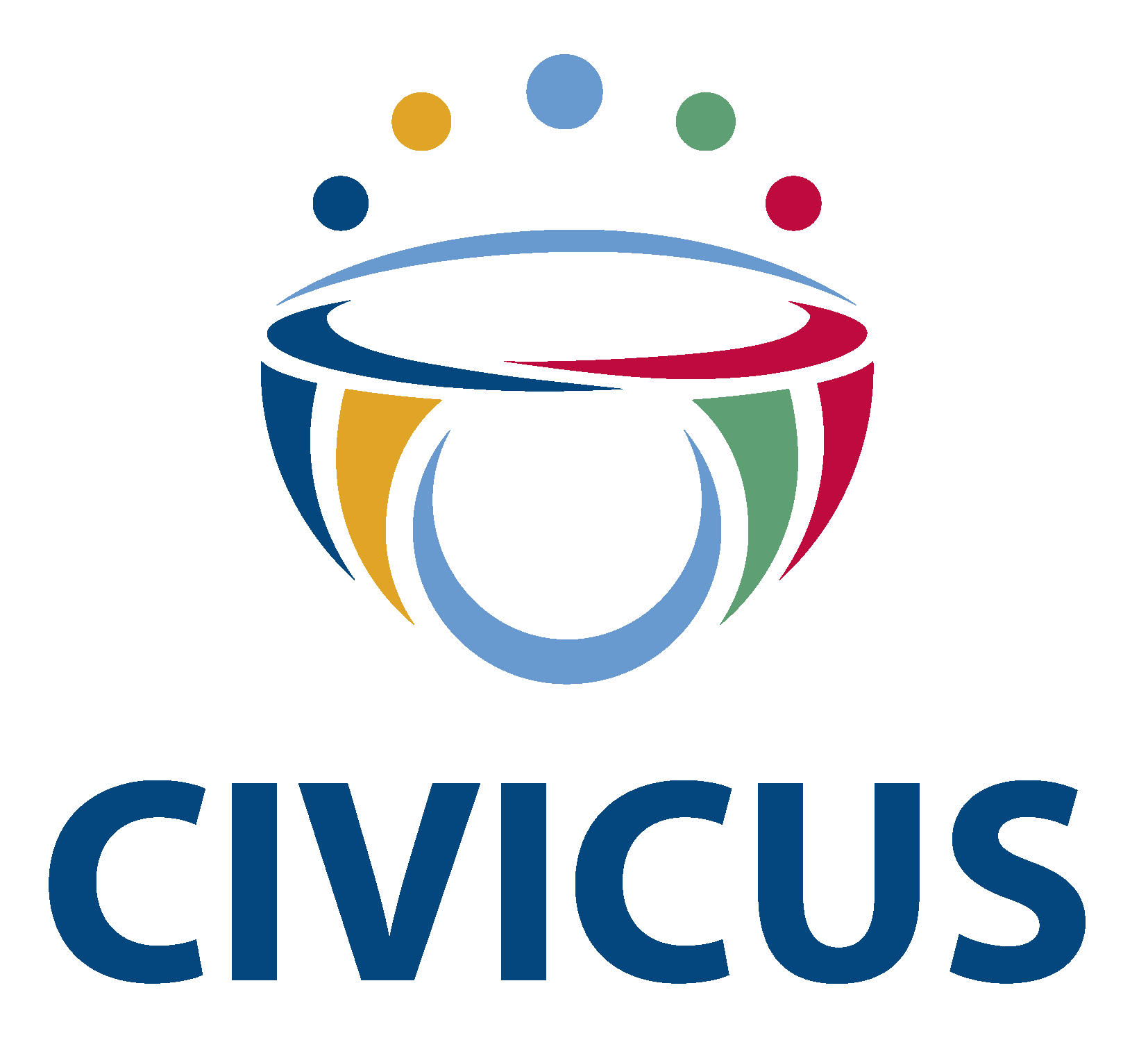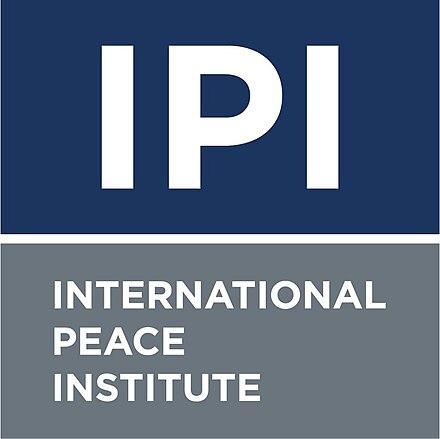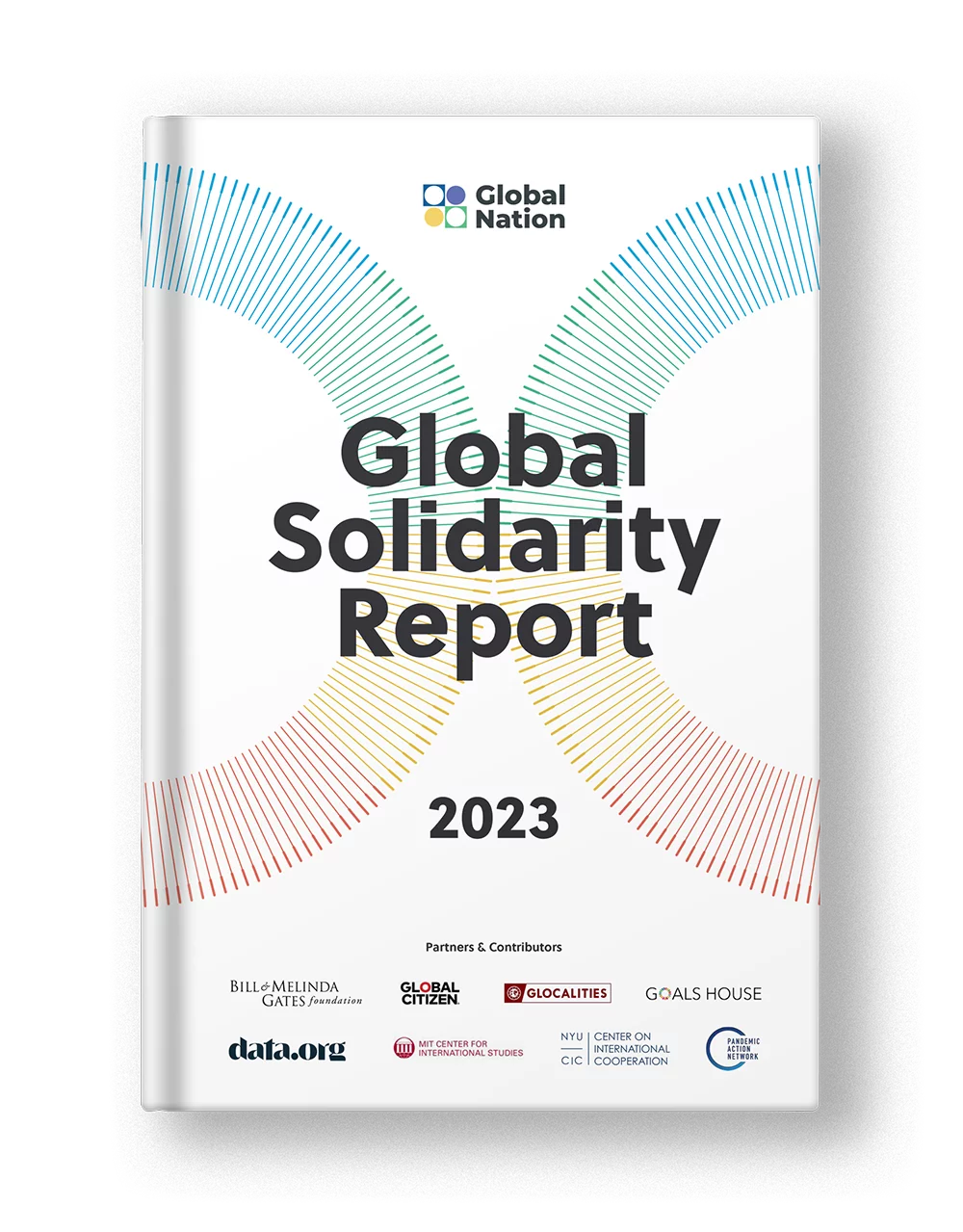Global Solidarity Report 2024:
Overcoming division in a multipolar world
The findings of the Global Solidarity Report 2024 issue a stark warning as power shifts continue and divisions between countries seemingly widen. This year, the world has scored just 36 out of a possible 100 on the Global Solidarity Scorecard, indicating a dangerously weak level of solidarity that falls far short of that required for effective international cooperation.
With international institutions at breaking point due to tensions between great powers not seen since the Cold War, we ask: How can we overcome division in a multipolar world? While sounding a clear warning, this report also suggests that there are actions rooted in the science of solidarity that we can take to build a world of shared purpose, continuing our trajectory towards a united world.
By plotting the progress of 11 powerful indicators, we use our Global Solidarity Scorecard to assess global solidarity on an annual basis. The novel methodology was developed in consultation with academics, politicians, advocates and leaders of international organisations.
Download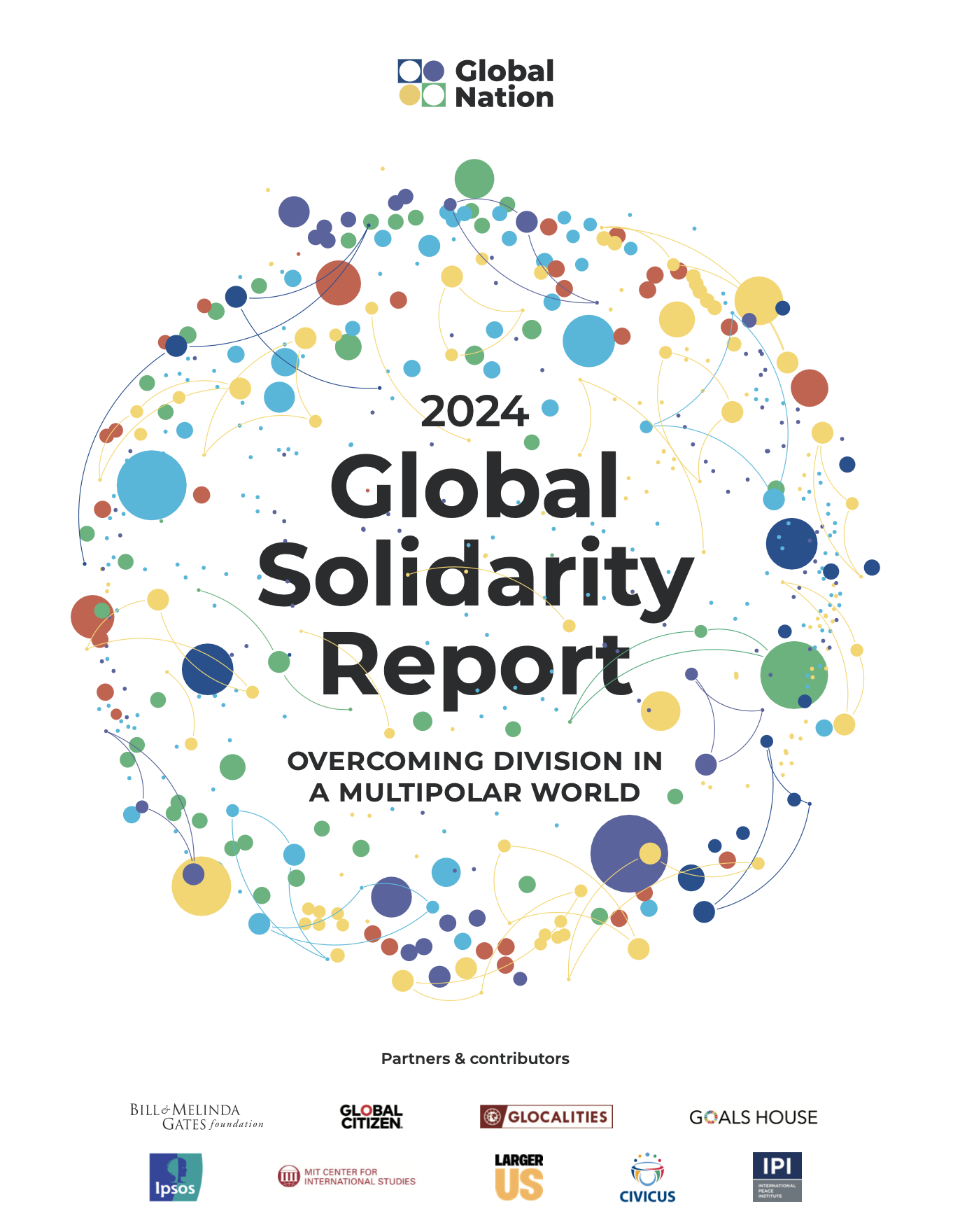
Endorsements
These are divided times. The Global Solidarity Report puts numbers to that reality. Nothing has us more conflicted than the issue of identities. But the idea that our differences are insurmountable is just a story. We have to discover a story rooted in our shared humanity – that when it comes to the biggest challenges we face and the things we care about most deeply, there is no ‘us and them’, only us. This is a time to craft new stories that weave us together.

Riz Ahmed
Actor, producer, rapper, activist
Global solidarity cannot be built in a world that seems unfair. Globalisation has led to extraordinary wealth, and that is a good thing. But that wealth must be shared more equitably with society, internationally and in every single country. It is no longer possible to ask working citizens to bear all of the burden of building collective action. As the Global Solidarity Report argues, joining its voice with the G20 presidency and many others, we need to come together as a world to ensure that extreme wealth is fairly taxed, so that we can build a stronger, better future.
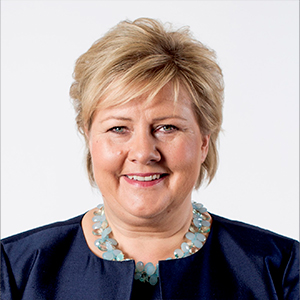
Erna Solberg
Norwegian politician and 35th Prime Minister of Norway
As this report demonstrates, global solidarity is in danger, and this puts all progress in danger. Stark warnings can be hard to hear, but it is vital that we recognise the risks of the current moment. The report is not a counsel of despair, however. It is an x-ray to help us see what is going wrong, and a guide to help us put things right. Solidarity can be repaired and remade. This report helps set out how we can do just that. It is up to all of us, together, to make use of it.
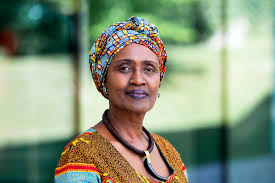
Winnie Byanyima
UNAIDS Executive Director and United Nations Under-Secretary-General
I am happy to commend the Global Solidarity Report 2024 – first, for analysing the state of global solidarity this year and, second, for proposing what we need to improve it.
The report highlights the need to come together again at the United Nations and other multilateral forums to reignite the sense of common purpose that led to the adoption of the SDGs in 2015.
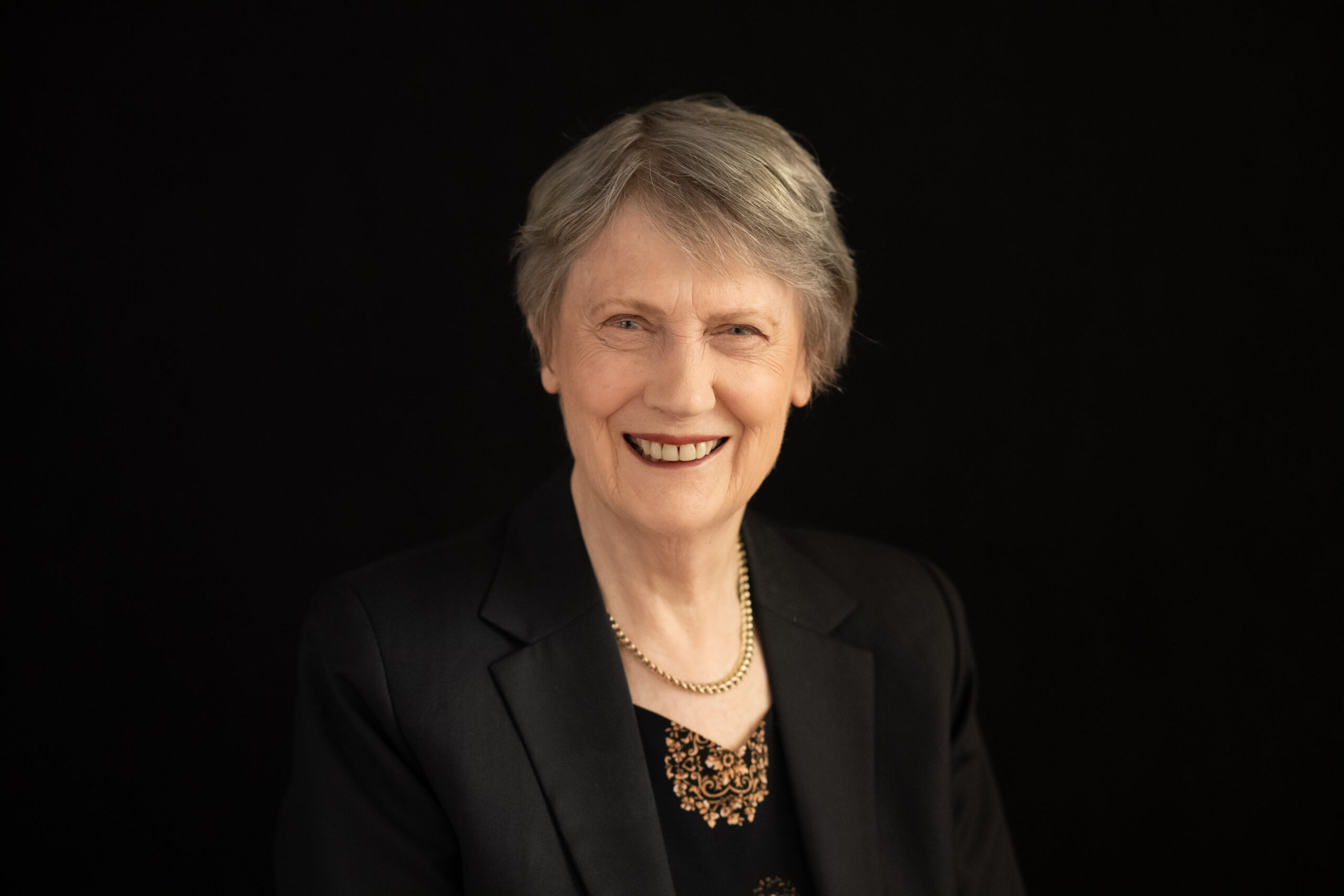
Helen Clark
Member of the Elders and former Prime Minister of New Zealand
This year’s report makes a powerful case for closer cooperation in an increasingly connected world. Yet at a time when we should be building bridges, walls are being raised, in ways that threaten our common home and sense of shared humanity. The report offers a glimmer of hope: citizens want their governments to work together to solve collective challenges, from climate change to conflict.
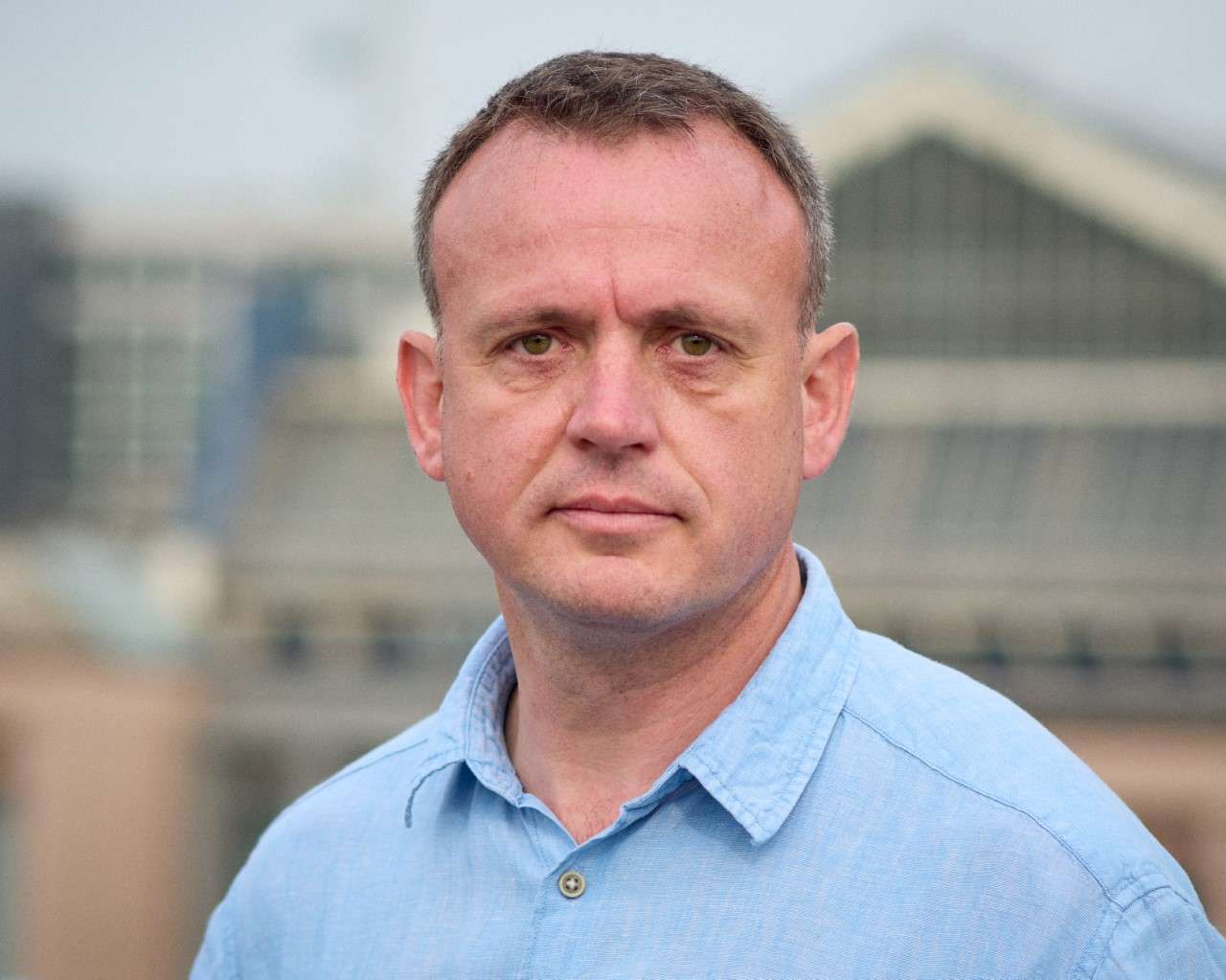
Patrick Watt
CEO, Christian Aid UK & Ireland
Solidarity is not just a moral imperative; it is a strategic necessity. Together, through initiatives like global public investment, we can turn the tide and create a future where all people, regardless of where they live, have the opportunity to live lives of dignity and hope.
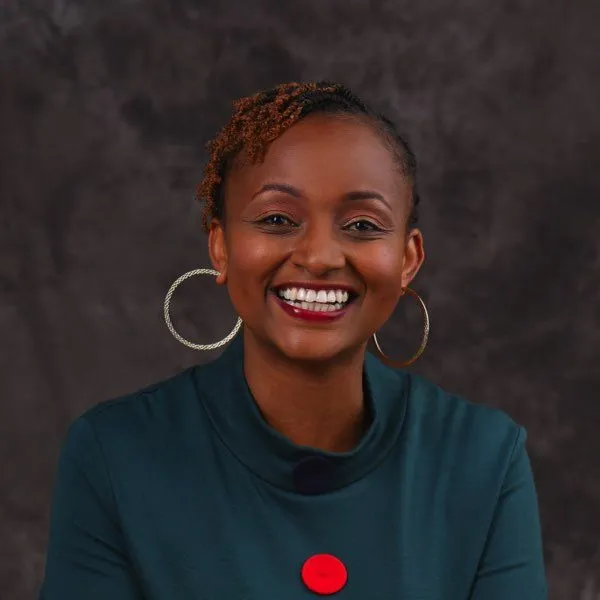
Wanjiru Kanyiha
Network Coordinator, Global Public investment Network
Many years ago, I worked for a prominent global health leader who often said, “the only thing that matters is political mobilization.” It was an overstatement, but not by much. The Global Solidarity Report is a welcome call to action for the collective mobilization we need. All of us engaged on global issues must recognize on the connections between global priorities and the tremendous power of acting together.

Chris Collins
President and CEO, Friends of the Global Fight
Global solidarity appears to be weak in a world of multiple crises as this Global Solidarity Report shows. Most importantly the report sketches out a way forward based on the still strong support for solidarity among global citizens. We can and must win the messaging war and strengthen international institutions with the required funding based on the principles of Global Public Investment.

Christoph Benn
Director, JLI Center for Global Health Diplomacy
Key findings
Identities: Do people feel part of a global community that they are motivated to contribute to?
- Identities remain unchanged with a score of 57/100. This puts it in the Green Shoots category and makes it by far the strongest driver of solidarity globally. However, Gen Z are less internationalist than previous generations, including feeling less like a global citizen than either Millennials and Gen X. The report highlights growing despair among younger people and the need to focus attention on restoring hope to counteract this emerging trend.
Institutions: Have we built effective mechanisms to tackle shared challenges?
- Institutions have fallen to Breaking Point, scoring just 24/100, around half the 2023 score of 46. This bucks quite a positive trend of institutional progress this century. There has been a sharp increase in disagreement at the United Nations Security Council that has now reached levels not seen since the Cold War.
Impacts: Are we making visible progress towards overcoming those challenges?
- Impacts have risen to 27/100 this year and now sits in the Danger Zone. This driver is no longer at Breaking Point, but has still had one of its worst years this century. While conflict deaths and CO2 emissions have slightly abated to lift the score up from last year’s breaking point, there is still a long way to go before we have a success story to tell.
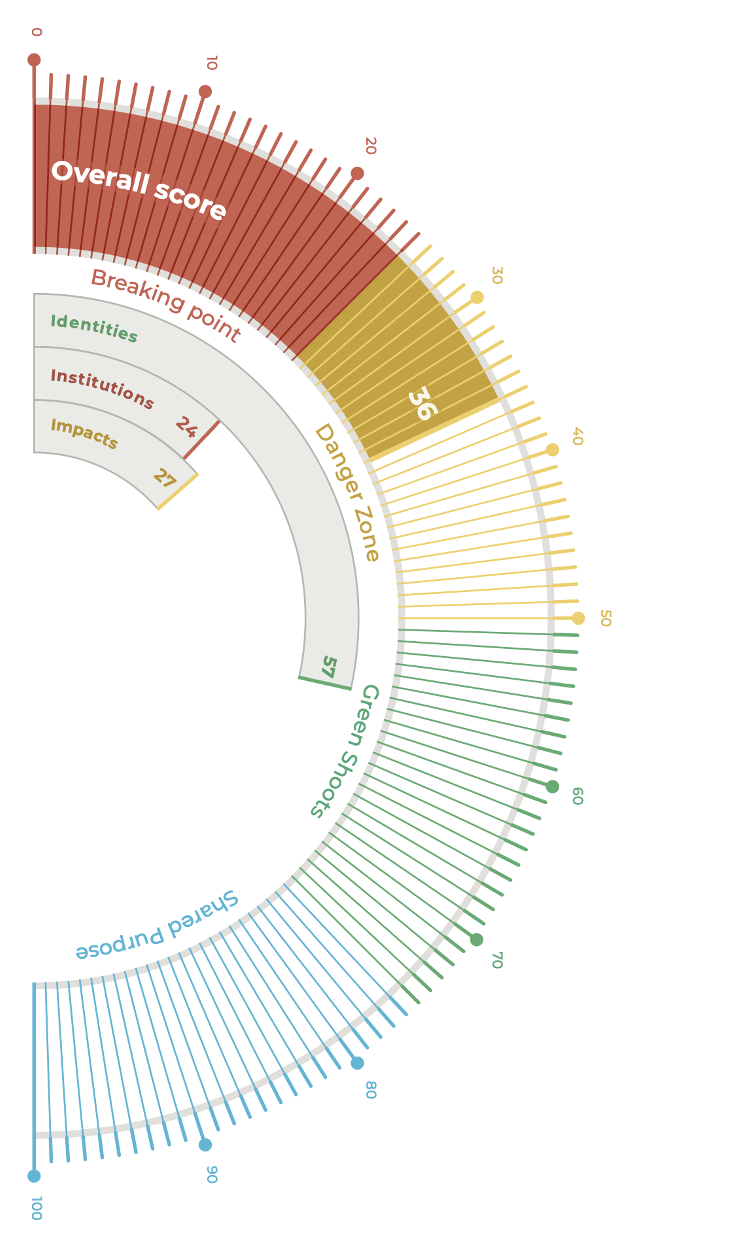
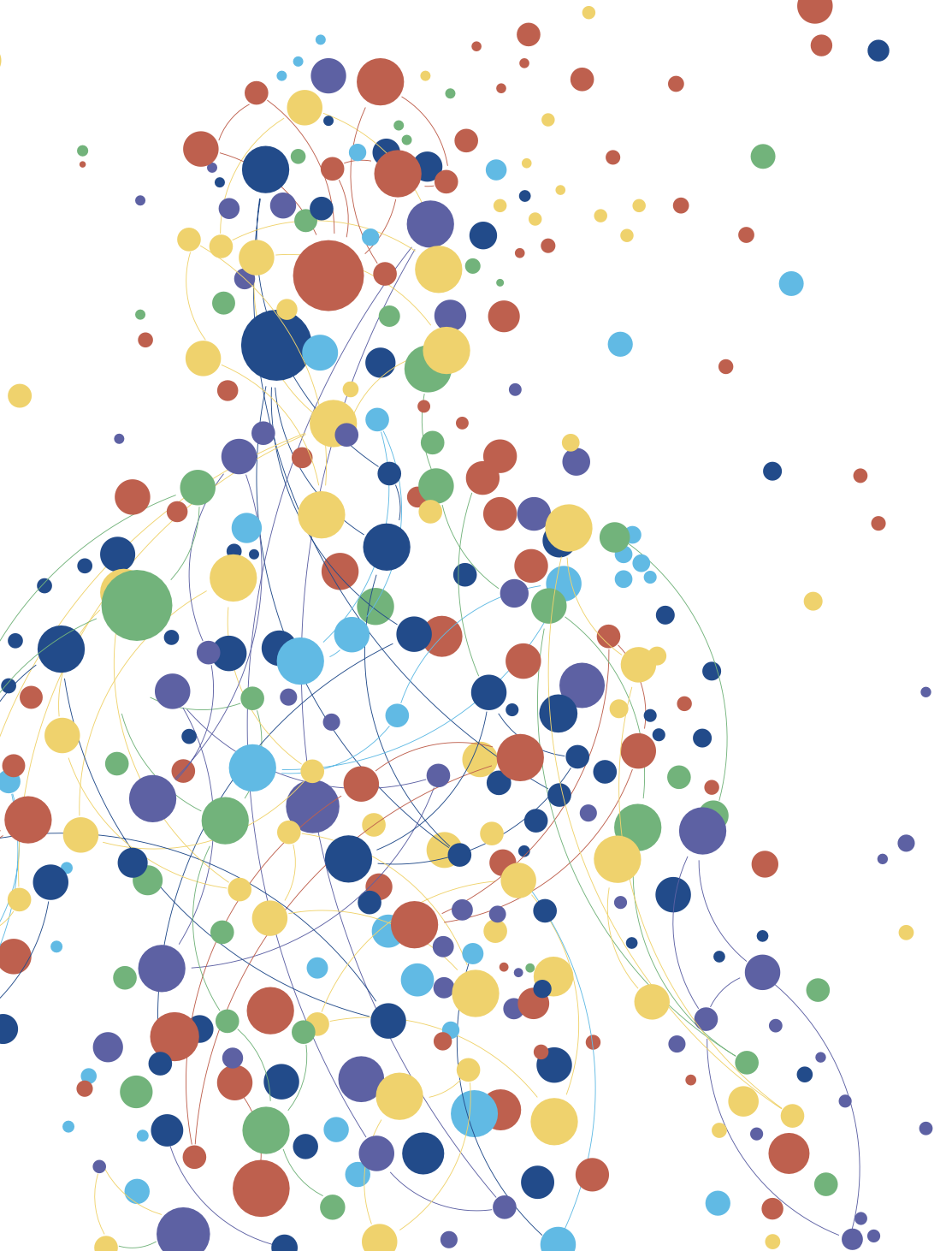
Calls to action: putting the brakes on rising division
Solidarity is a science, not just a principle. If we intentionally apply what we know about building solidarity, we can establish how to get states to solve collective action problems and create the feelings of belonging and hope that are the basis of thriving communities.
First, we need to win the messaging war
As internationalists, we need to raise our game, escape issue-based siloes and build an overarching campaign for solidarity. We should recognise the interconnectedness of all global issues and the common challenges that imply the interdependence of all countries. In place of fear of disaster, this campaign must instead inspire hope and turn the rising tide of despair.
Second, we need to transform global public investment
If we can channel the existing political will, we can help deliver better and more international finance to produce results now while beginning to restore faith in the benefits of a united world. We call for the implementation of a global minimum wealth tax that will capitalise on the considerable momentum towards taxing billionaires. And we call for the replenishment of major global funds. To create a more equitable basis for raising money, each country’s fair share contribution to multilateral funding could be calculated as a proportion of billionaire wealth.
Downloads
- Global Solidarity Report 2024
- Methodology Note
- Measuring Public Opinion on Global Solidarity
- Imagine Global Solidarity, by Evan Lieberman
- Solidarity in the Restless Decade, by Kelly Beaver MBE
- Tackling rising despair is vital for a cooperative world, by Martijn Lambert and Panos Papadongonas
- To strengthen global solidarity we must protect civic space, by Mandeep Tiwana
- Moving beyond zero-sum thinking, by Pedro Conceição
- Reimagining global solidarity: it's time to embrace politics, by Minh-Thu Pham
- Connecting climate with health requires global solidarity and local leadership, by Manisha Bhinge
- Solidarity: An act of rebellion and a pathway to ecological peace, by Dr Youssef Mahmoud
- Why and how we need to become a Larger Us, by Alex Evans
Partners and contributors to the report
The Global Solidarity Report is a publication produced by Global Nation with support from The Gates Foundation.
Key partners in this year’s report include Ipsos, Global Citizen, CIVICUS, the International Peace Institute, Glocalities, NORAD, The Massachusetts Institute of Technology (MIT), Goals House, The Elders, Rockefeller Foundation, data.org, WHO, UNDP and Larger Us.
It is an initiative that brings together experts from a variety of disciplines, experiences and geographies. They enrich Global Nation’s analysis of the strength and resilience of the international community and highlight a range of important issues for readers to consider as we build our ability to cooperate as a world. We are immensely grateful for the wisdom, ideas and challenge they have so generously brought in the creation of this year’s report. We would like to extend a heartfelt thank you to all those who have generously support this report and who are acknowledged in full in the report itself.
The views expressed in the report represent the perspectives of the authors where they are specifically named, and the report in its entirety may not necessarily reflect the opinions or positions of all individuals or organisations involved in its development.




